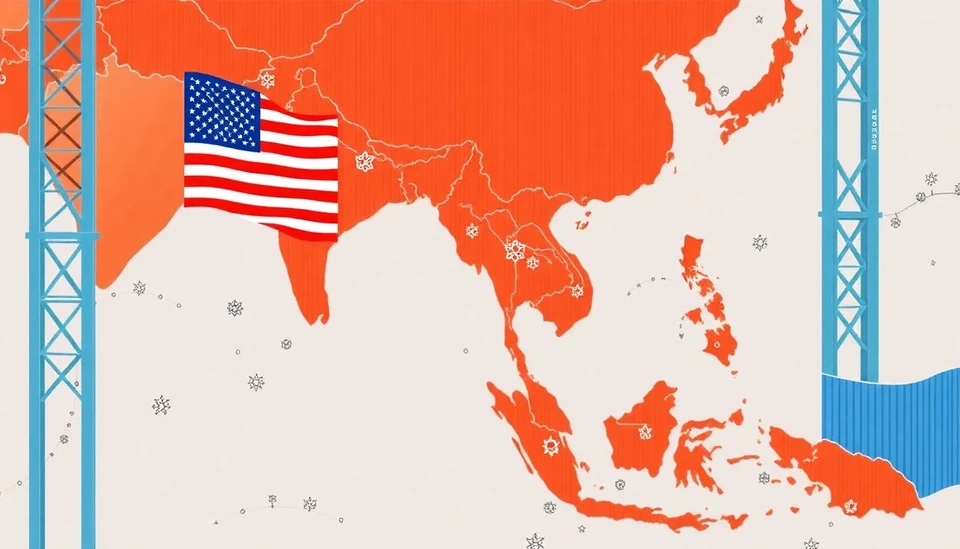
In a recent study published by the International Monetary Fund (IMF), Asian economies have been recognized for their remarkable resilience in the face of ongoing global economic challenges. The report underscores how various countries in the region are managing to navigate through turbulent times, despite pressures such as inflation and geopolitical tensions. The IMF's assessment comes at a time when the global economic landscape is marked by uncertainty, including the ramifications of fluctuating energy prices and supply chain disruptions that have affected many nations worldwide.
The IMF highlighted that several Asian economies have adapted effectively by implementing robust monetary policies and fostering job growth, which have helped mitigate the impacts of external shocks. Among the countries noted for their strong economic fundamentals are India, Indonesia, and Vietnam. These nations have adopted strategic approaches to maintain economic stability, enhance productivity, and encourage investments, positioning them well for future growth.
One critical finding of the IMF report is the versatility shown by Asian economies in embracing digital transformation and innovation. This shift has enabled businesses to thrive even in a challenging environment, as digitalization opens new avenues for growth and efficiency. As a result, the region appears better equipped to handle potential setbacks compared to other global counterparts.
Nevertheless, the IMF cautioned that risks still loom on the horizon. The global economy is still susceptible to shocks, including tighter financial conditions and shifts in consumer sentiment due to rising costs. Additionally, the report points out the necessity for Asian nations to remain vigilant against potential debt accumulation, which could pose a risk to long-term stability if not managed prudently.
Furthermore, the IMF called for collaboration among Asian economies to strengthen the region's economic framework, which could include sharing best practices and enhancing trade relations. Such synergy could bolster regional resilience against future shocks and create a more sustainable path for growth.
The IMF’s outlook is generally positive, but the institution encouraged countries to remain proactive in their economic strategies. By addressing immediate challenges while planning for future uncertainties, Asian economies can continue to maintain their growth trajectories and overall economic health.
In conclusion, the IMF’s latest report emphasizes that while Asian economies are currently resilient, continued vigilance and adaptive strategies will be crucial for sustaining this resilience amid the backdrop of global turbulence. As nations within the region forge ahead, the lessons learned and strategies employed today will significantly shape the economic landscape of tomorrow.
#AsianEconomies #IMFReport #EconomicResilience #GlobalEconomy #DigitalTransformation #InvestmentStrategies #InflationConcerns
Author: Daniel Foster

